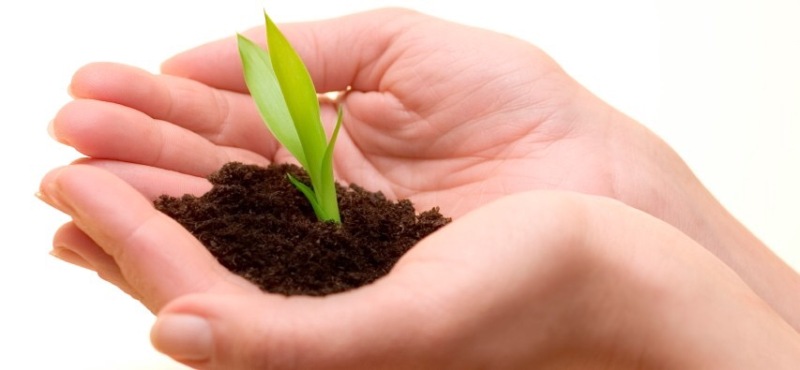Hi there peeps, last week I talked about finding personal success in my post here. We delved into what it can, and what it should, mean. The key part of it was actually thinking about personal success in the context of you, near the end of your life. It is a bit morbid, but it is effective in revealing what we is truly important. As Steve Jobs once said:
“Remembering that I’ll be dead soon is the most important tool I’ve ever encountered to help me make the big choices in life.
Almost everything–all external expectations, all pride, all fear of embarrassment or failure–these things just fall away in the face of death, leaving only what is truly important. “
This week, we’ll delve more into how you can specifically uncover what personal success means to you.
Who are you?
It sounds like a stupid question, but think about it. Are you a mother, daughter, teacher and student? Are these roles something you want to pursue further? Well obviously you don’t have much of a choice when it comes to being a mother or daughter! But when you think about old, frail you, in your deathbed, how do you want to be remembered by your parents or by your children?

What roles do you play?
Are you a husband, son or manager? How do you act and live up to the expectations that these roles have? Would you be happy if in your final hours of life, the people closest to you had heartfelt things to say?
Who you are now as a community leader, a mother or a brother is the basis to defining who you want to be, and therefore what it means to be successful. When you reflect on this, you may find that you are in roles you may not want to be in, which is completely fine. This could then mean, you make specific action to divorce yourself of responsibilities of that role and move towards areas of life that are important to you.
This is the very material that sets the standard for your personal success across the different parts of your life.
So, right now I want you to write down all the roles that you fulfil now. List them down. I want you to think about each one of them and how you see yourself fulfilling those roles in 20, 30 or 40 years time. How do you want to be remembered in those last days?
Who do you want to be?
So you should have figured out who you are to people, and thought about which of those roles are important to you in the context of your twilight years. If you’re a mother, then you may have imagined your children giving a eulogy at your funeral. They could be recounting the support you gave them during some of their hardest years, and how you attended their football games every Saturday without fail. They might even have said that they couldn’t have asked for a better mum. If you’re a manager, you might have imagined your closest work colleagues, describing how you helped them and the company grow to where it is now.

You now can translate these thoughts into actual qualities and attributes that you want to fufil. For example, if I’m to be described as a caring and supportive father at my funeral, then I need to be a dad who is attentive, responsive and caring to my family. This is the very material that sets the standard for your personal success across the different parts of your life.
Related: Defining Ourselves
Achievements are just the road signs
When you define who you want to be, you then need to think about how you’ll get there. And getting there, is very much about what you need to achieve that will eventually lead you to becoming that person. For example, if I’m to be a manager that brings people together to create innovative solutions, what do I need to do now to start moving in that direction? What will I need to have done in six months time, to start living up to that expectation?
Related: The Road Trip to our Goals
Success isn’t what other people think it is. It’s how you define it, in the context of what is truly meaningful to you.
What you’ll realise, is that becoming the great dad or supportive mum, isn’t the end of the journey, but just signs that you’re heading in the right direction. You might have thought abundant riches was the definition of success, but now success might mean helping people. And that money is just good feedback that what you’re offering is helping.
Defining success is figuring out who you are and how you act. Once you determine that, you can then set goals that will lead you to becoming that person. This process is an ever changing and evolving one, because who you want to be, changes throughout your life. Success isn’t what other people think it is. It’s how you define it, in the context of what is truly meaningful to you.
Have you gained more clarity on what success means to you? Comment if you have, or haven’t!
Photo credit: Hans Olofsson



















